

Xichang, the capital of Liangshan Yi Autonomous Prefecture in southwest China’s Sichuan Province, has become a notable hub for grape planting and the wine industry. Leveraging its favorable climate and fertile soils, Xichang has developed this burgeoning industry to play a crucial role in local poverty reduction and rural revitalization, transforming the economic landscape and improving the quality of life for its residents.
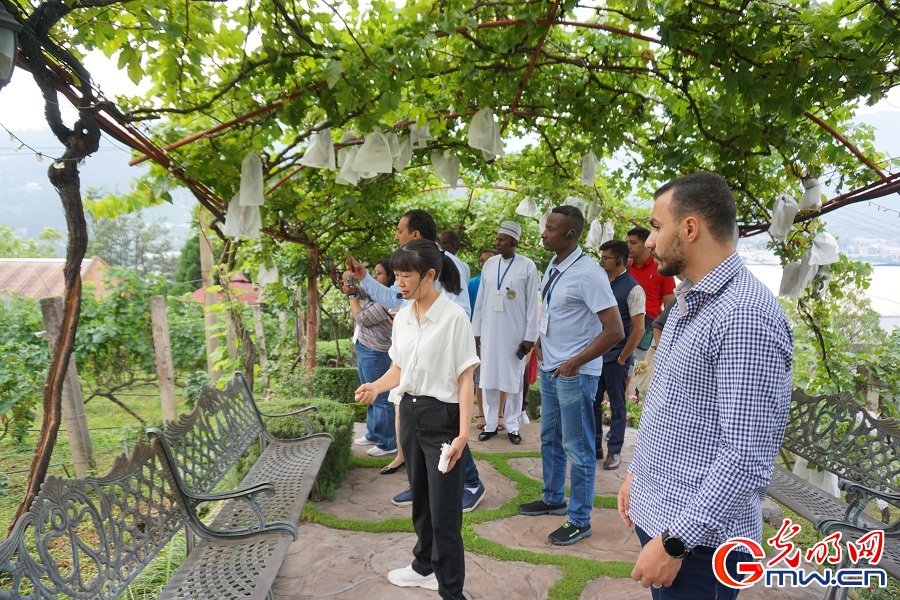
Photo taken on June 21, 2024 shows poverty reduction officials from developing countries, including Egypt, Ethiopia, Mauritius, Nepal, Nigeria and Pakistan, visiting the grape planting base and the wine industry development project in Xichang City, Liangshan Yi Autonomous Prefecture, southwest China’s Sichuan Province. (Wang Xinyuan/Guangming Picture)
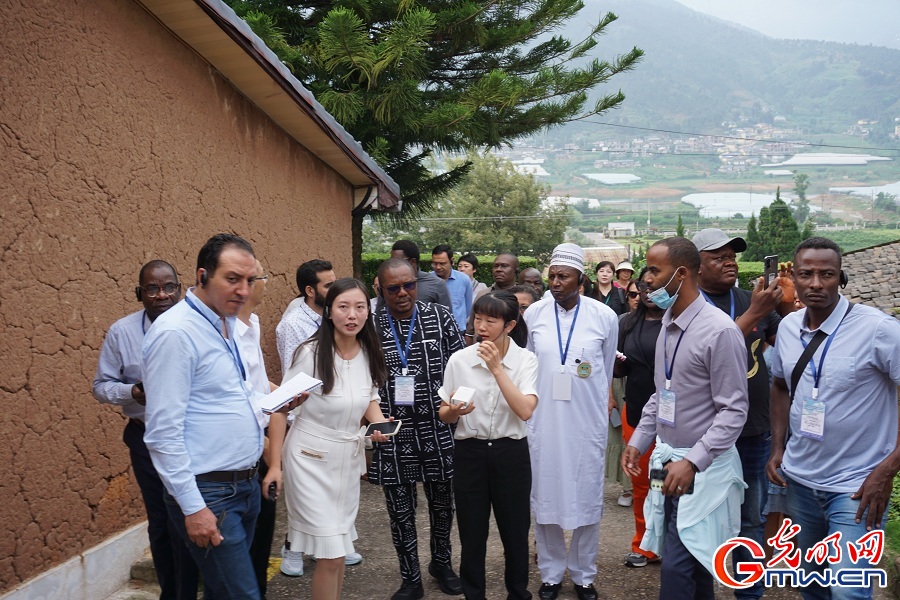
Photo taken on June 21, 2024 shows poverty reduction officials from developing countries, including Egypt, Ethiopia, Mauritius, Nepal, Nigeria and Pakistan, visiting the grape planting base and the wine industry development project in Xichang City, Liangshan Yi Autonomous Prefecture, southwest China’s Sichuan Province. (Wang Xinyuan/Guangming Picture)
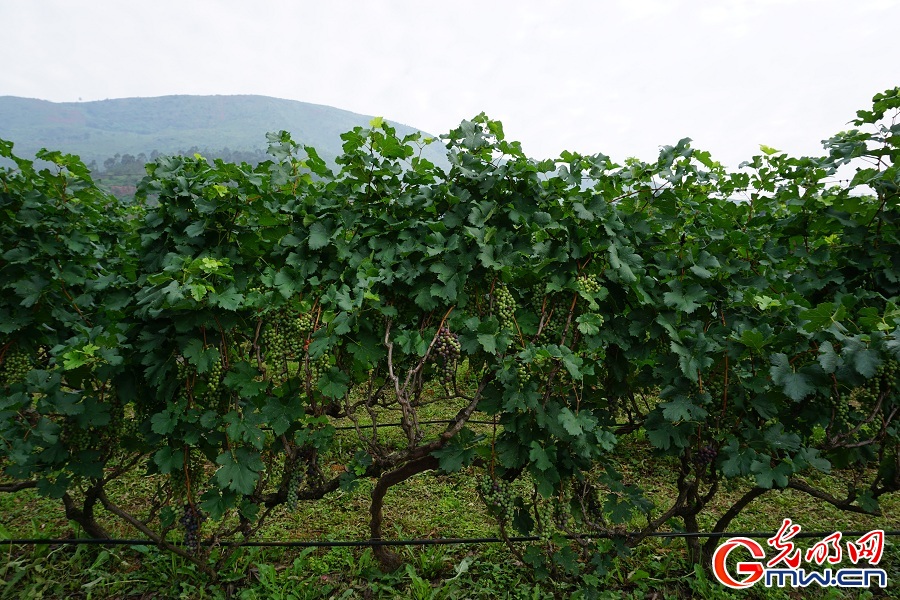
Photo taken on June 21, 2024 shows the view of the grape planting base and the wine industry development project in Xichang City, Liangshan Yi Autonomous Prefecture, southwest China’s Sichuan Province. (Wang Xinyuan/Guangming Picture)
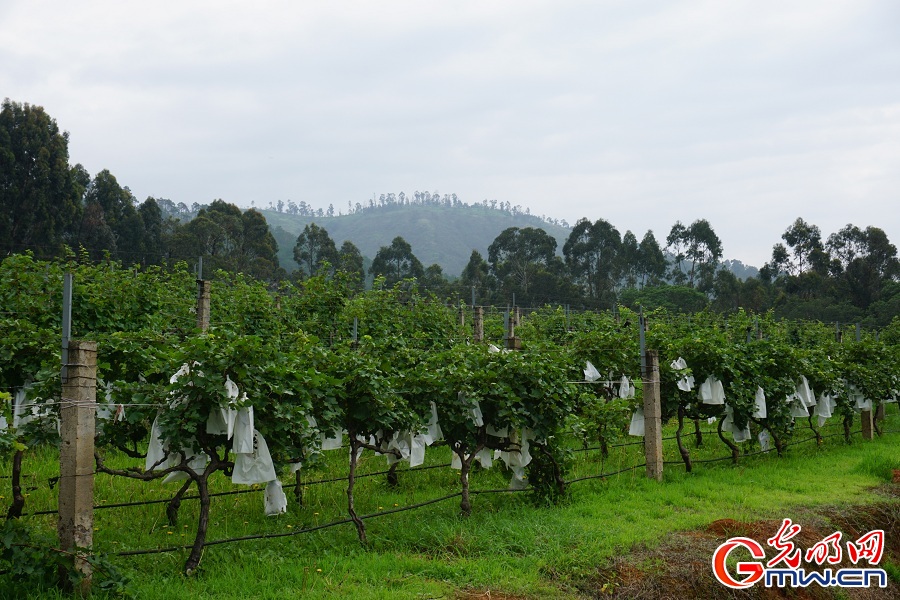
Photo taken on June 21, 2024 shows the view of the grape planting base and the wine industry development project in Xichang City, Liangshan Yi Autonomous Prefecture, southwest China’s Sichuan Province. (Wang Xinyuan/Guangming Picture)
The grape planting and wine production industry in Xichang has experienced rapid growth over the past decade. Favorable climatic conditions, characterized by ample sunshine and moderate temperatures, have made Xichang an ideal location for growing high-quality grapes. Local authorities and entrepreneurs have capitalized on these natural advantages to develop extensive vineyards and modern wineries.
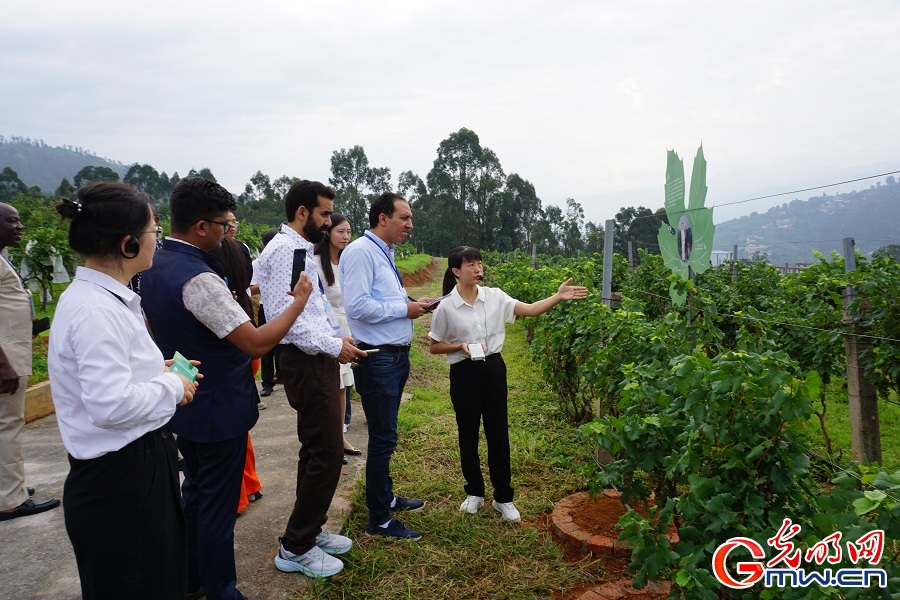
Photo taken on June 21, 2024 shows poverty reduction officials from developing countries, including Egypt, Ethiopia, Mauritius, Nepal, Nigeria and Pakistan, visiting the grape planting base and the wine industry development project in Xichang City, Liangshan Yi Autonomous Prefecture, southwest China’s Sichuan Province. (Wang Xinyuan/Guangming Picture)
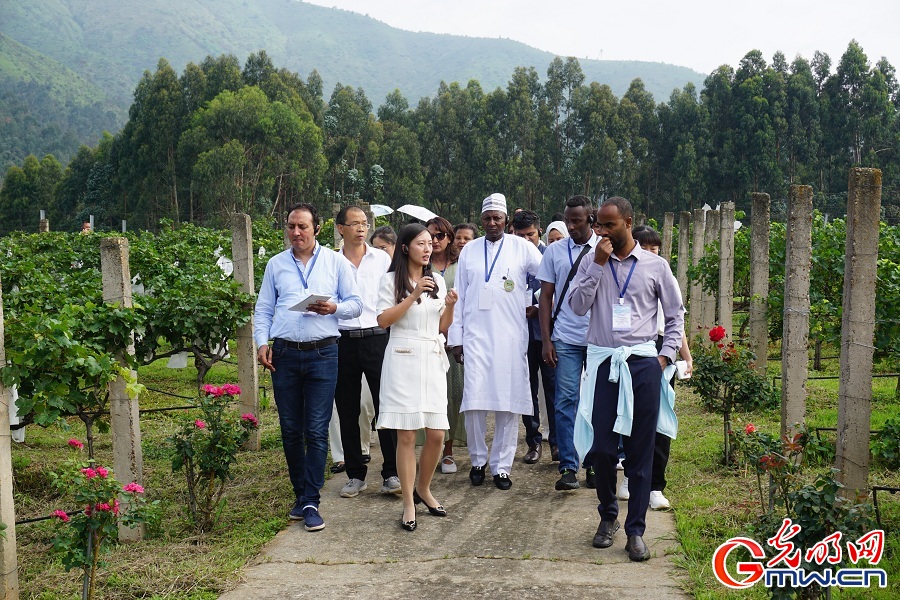
Photo taken on June 21, 2024 shows poverty reduction officials from developing countries, including Egypt, Ethiopia, Mauritius, Nepal, Nigeria and Pakistan, visiting the grape planting base and the wine industry development project in Xichang City, Liangshan Yi Autonomous Prefecture, southwest China’s Sichuan Province. (Wang Xinyuan/Guangming Picture)
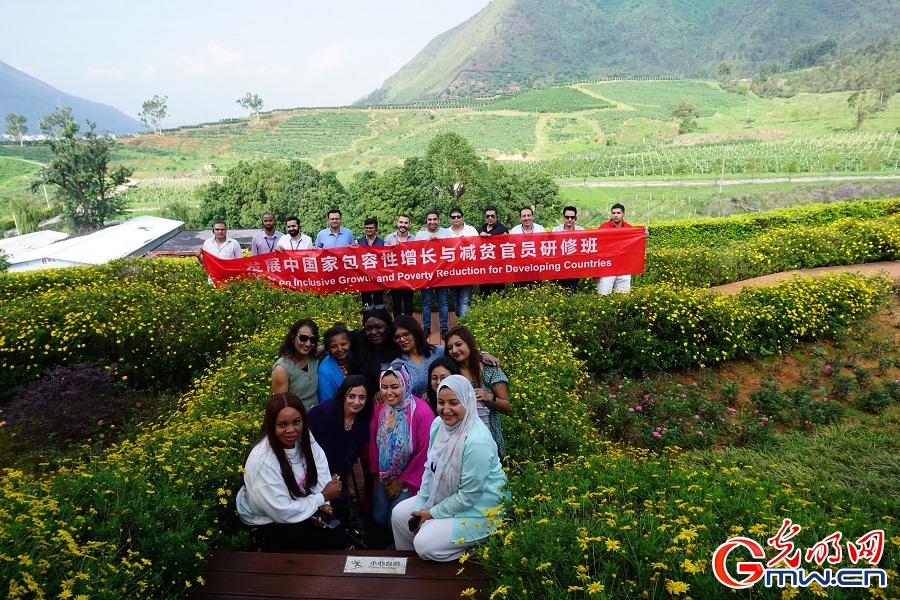
Photo taken on June 21, 2024 shows poverty reduction officials from developing countries, including Egypt, Ethiopia, Mauritius, Nepal, Nigeria and Pakistan, visiting the grape planting base and the wine industry development project in Xichang City, Liangshan Yi Autonomous Prefecture, southwest China’s Sichuan Province. (Wang Xinyuan/Guangming Picture)
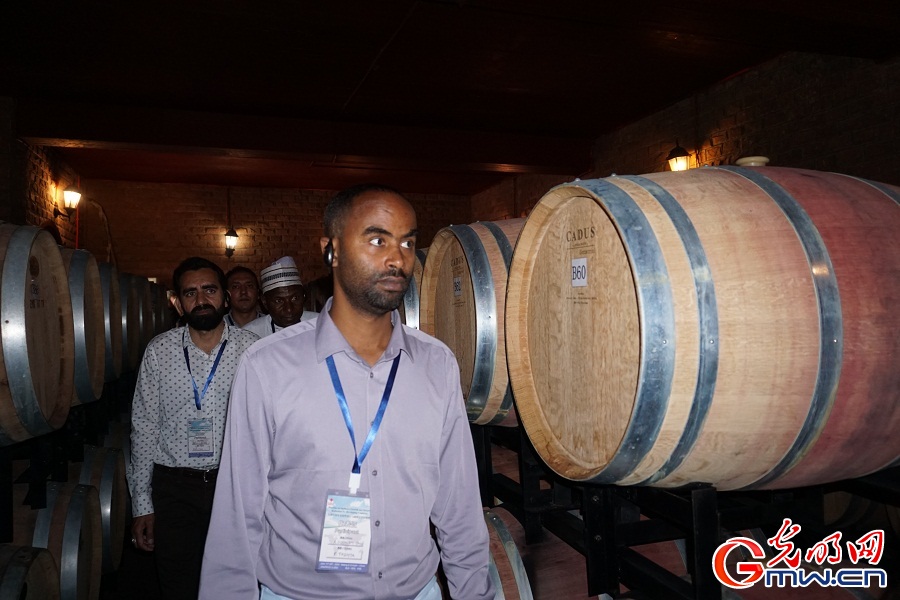
Photo taken on June 21, 2024 shows poverty reduction officials from developing countries, including Egypt, Ethiopia, Mauritius, Nepal, Nigeria and Pakistan, visiting the grape planting base and the wine industry development project in Xichang City, Liangshan Yi Autonomous Prefecture, southwest China’s Sichuan Province. (Wang Xinyuan/Guangming Picture)
The economic impact of this industry has been profound. Grape cultivation and wine production have created numerous jobs, ranging from vineyard workers and agronomists to winery staff and marketing professionals. This has significantly reduced unemployment rates and provided stable income sources for many families. Additionally, the high value of wine products compared to traditional crops has substantially increased local farmers' earnings.
点击右上角![]() 微信好友
微信好友
 朋友圈
朋友圈

请使用浏览器分享功能进行分享
